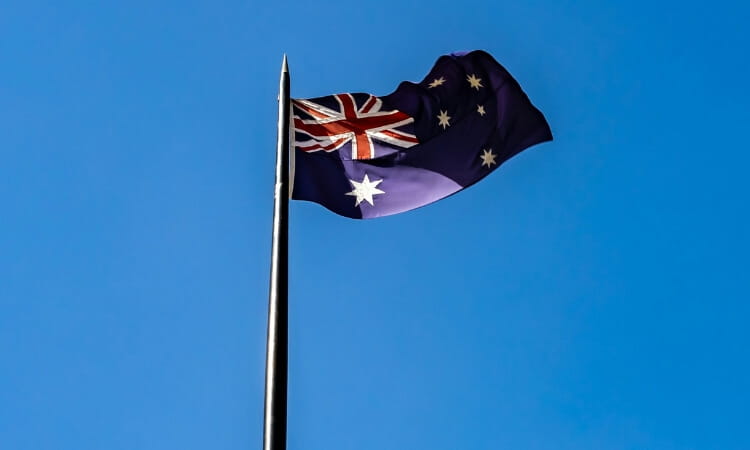Foods pregnant women shouldn’t egg-nore

For years, expectant mothers have agonised over what foods they shouldn’t eat during pregnancy to protect the health of their unborn baby.
However, researchers at the University of Southern Queensland have focused on identifying the foods they should consume to give their babies the best chance of growing into a healthy weight.
Their latest research paper, published today (March 7) in PLOS ONE, found that children born to mothers who don’t eat fish or eggs during pregnancy face an increased risk of obesity in childhood.
Cutting out meat, however, did not have the same effect as excluding fish and eggs.
PhD student Brenton Horne led the study, which analysed the data of more than 5000 children over 15 years in the Longitudinal Study of Australian Children.
Obesity in childhood often carries on into adulthood and increases the risk of many health problems, including cardiovascular disease, type-2 diabetes, heart disease and certain cancers.
Previous studies have investigated the effect of famine and vitamin supplements during pregnancy on the risk of obesity and overweight in the offspring.
However, Mr Horne said this was the first study to analyse the potential consequences of excluding food categories from the mother's diet during pregnancy.
“Our findings suggest that promoting a pregnancy diet that includes fish and eggs may be useful for preventing childhood obesity and overweight,” he said.
One possible explanation lies in the nutritional components of these foods.
“Both fish and eggs offer unique nutrients like omega-3s, which might play a role in preventing the development of childhood obesity,” Mr Horne said.
“However, some meats can have a comparable amount of omega-3 fatty acids to eggs, and the omega-3 fatty acid content of eggs also varies according to what the hens lay the eggs eat.
“We can’t know exactly what components of these foods are essential until further research is done.”
Mr Horne and his supervisors, Dr Enamul Kabir and Professor Khorshed Alam, also found that supplements like iron and folate, also known as folic acid and vitamin B9, generally didn’t have a protective effect against obesity or overweight in children whose mothers eliminated meat or fish from their diet during pregnancy.
“Children of mothers who took iron or folate supplementation and didn’t eat meat or fish during pregnancy were more likely to have increased body mass index z-scores and sometimes were associated with a higher risk for overweight and obesity,” Mr Horne said.
“This suggests that expectant mothers should refrain from relying on supplements for these foods to reduce the risk of obesity or overweight in their children during later stages of life.”
Another interesting finding was that excluding foods other than fish, meat, eggs and dairy from the mother's diet during pregnancy was associated with a lower risk of childhood obesity and overweight in the offspring.
“Expectant mothers are generally aware that sticking to a healthy diet and eating a variety of nutritious foods will help their baby grow strong and healthy, but I hope these results will bring to light the potential risks of excluding certain foods from a maternal diet,” Mr Horne said.
“Until further research is done, the best advice is still to follow the Australian Government's nutritional advice for pregnant women and try not to unnecessarily exclude fish and eggs from the diet.”
The study was published in PLOS ONE.


